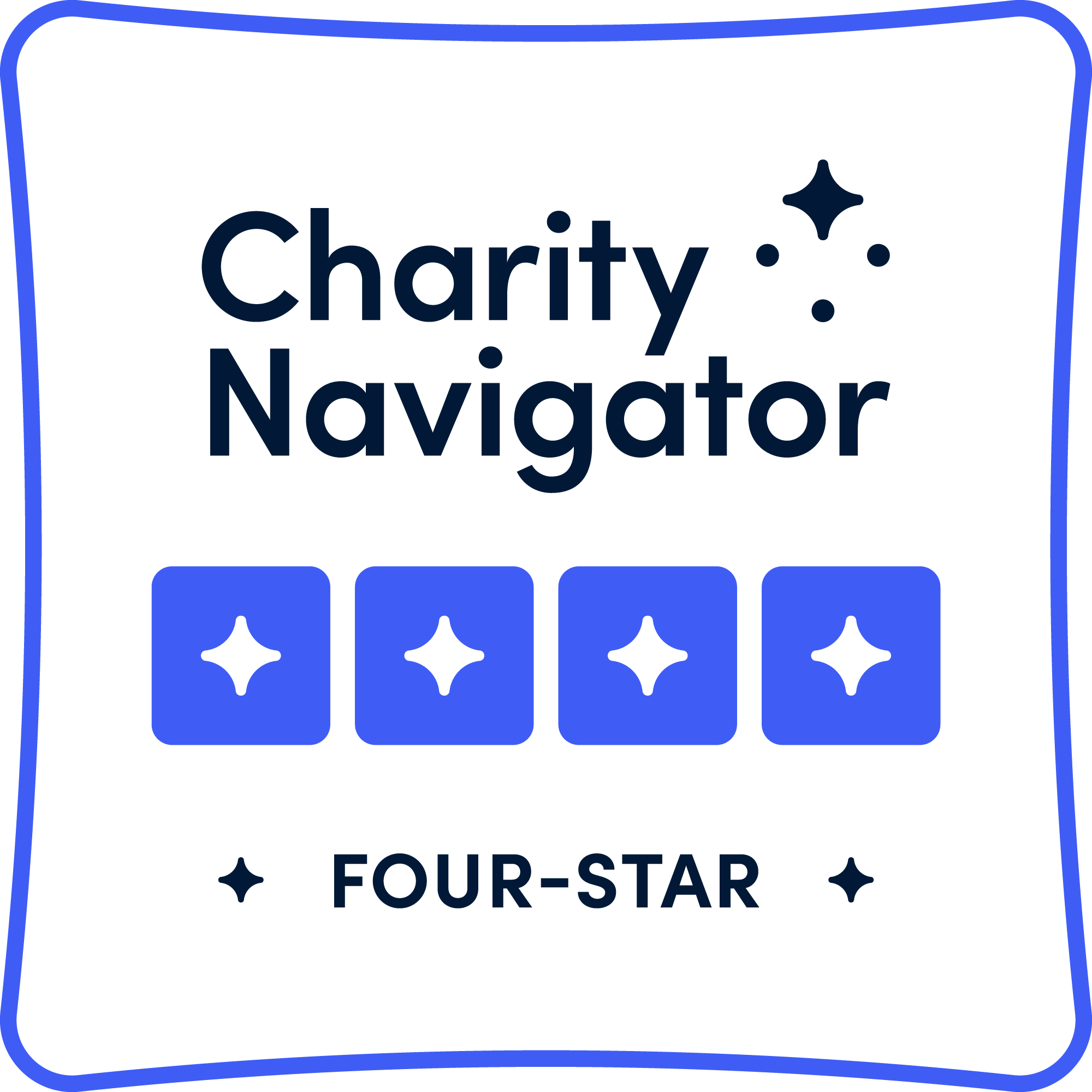Dispatches from the Field: NVI Local Partners Respond to COVID-19
As of November 1, 2020, National Veterans Intermediary (NVI) is called the Local Partner Network. Older content may reference our original name.
In this month’s Boosting Impact, we wanted to highlight some of the thoughtful collaborations happening in NVI’s community of practice. We caught up with four of our Local Partners to ask how collaboration is making a difference for their veterans during COVID-19.
Book group connects veterans
Alley Smith-Morrissey, Co-chair, Greater Portland Maine Military and Community Network
The greatest impact of a veteran book group is making connections. In addition, there’s nothing more powerful than being seen, heard, and validated.
Book groups can offer a unique opportunity to find our voice—in a safe environment, with veterans from all eras. We talk about our military and civilian lives, the impact of war on our communities, our histories, our families, and our ordinary lives. We share joys and sorrows collaboratively. A favorite quote of mine is, “Collaboration is not working together- it’s getting people to trust one another.” – Paul Schmitz, CEO of Public Allies.
We are reading the book, Tribe: On Homecoming & Belonging by Sebastian Junger, for four weeks. The book group is in partnership with the University of Southern Maine, Maine Humanities Council, Team RWB, and the Greater Portland, Maine Military & Community Network.
My co-host is Cody Mower, a University of Southern Maine, graduate student-veteran, writer, and Marine Corps veteran. By far, Cody is one of the most remarkable people I have ever met in my life. Drawing on a range of real life stories, Cody helps people see things from different perspectives: Each individual matters and each story matters. Stories provide a framework for us to communicate, find friendship, healing, and inspiration.
The group consists of 10 individuals, navigating the current pandemic, dealing with isolation, and needing a sense of connection. For me, personally, it’s a creative outlet. I love literature. I also love bringing people together. In times like these, we need to be creative. The remote/virtual platform is an excellent platform for a state like Maine—with over 3600 miles of coastline. We are able to connect near and far.
Higher Ground deepens engagement
Trey Randle, Director of Veteran Program, Higher Ground
Higher Ground’s primary focus is outdoor therapeutic recreation. As we adapt our programming to stay connected with participants and their families at home, our priority is maintaining continuity of care. We’ve had to postpone events, but we’re staying connected with participants, whether they’re enrollees in scheduled programs, or “unit members” who have graduated from a program already. Directors, program managers, and everyone on the team have been making phone calls to see how our participants are doing, and what they need. We already follow up with veterans for three years after they complete a program, so it’s about advancing and deepening the engagement we already have. These calls are both a human connection to fight the isolation and a chance for us to hear what’s on our participants’ minds. Some of the conversations have highlighted emerging needs. Once we know veterans’ concerns, we can either help or get them in touch with someone who can.
It’s also been a crucial time for us to turn to our partners; for instance, we’re working with some partner providers to adapt yoga, mindfulness, and workout sessions for virtual platforms like Instagram video and Facebook. One awesome piece of feedback we’ve received was from a unit member who realized that the skills they’d learned in our program had prepared them for this experience, and they’re now able to support friends and peers in turn.
A robust network boosts mask-making efforts
Magen James, Executive Director, Alaska Coalition for Veterans and Military Families
Since I was a kid, it’s been my core belief that people are fundamentally good. In the last few weeks, Alaska Coalition for Veterans and Military Families’ experience with an urgent mask-making venture really proved it. AKCVMF always seeks to understand and work to meet the needs of our military and veteran community. When it became apparent that masks were going to be a significant need, we dove right in. Because of the collaborative work we already do, AKCVMF’s connections reach deep and far; we anticipated that lots of our partners would need masks for their teams and those they serve. We were confident we could support and scale a grassroots volunteer mask-making effort. I found the JBER mask-makers, a group of military spouses who were volunteering their time and resources to produce masks. They are amazing. AKCVMF offered to get involved in ways that could boost their work, including procurement, supply chain management, assembling production kits, and distributing masks. We also pursued a contract with the Alaska National Guard to supply 1500 masks for the local armory. Many of the spouses in the JBER mask-makers group had lost their jobs due to COVID-19; securing the contract allowed us to hire them so that the project manager, sewers, and cutters can be paid for their work. The AKCVMF team needed to grow quickly to support the new project in addition to our programs, which were already expanding. America’s Warrior Partnership helped us find the administrative and accounting help we needed. We’ve had the incredible support of Alaska Community Foundation. The Alaska National Guard and State of Alaska Veterans Affairs have also been great partners.
We have a group chat for the cutters and the sewers. When I wake up in the morning, I’ll check it and see that they’ve been talking about their work late into the night, or early in the morning. They stay up late, after their small children are in bed, and often work through the night. Their spouses, many of whom are essential personnel on base, support them by making dinner, taking care of the kids, and helping where they can. I have gotten to know the amazing folks at Quilt Tree and Joann Fabric in Wasilla; they have been so helpful in keeping us supplied. We’ve been producing 1500 masks per week for three weeks, and have procured enough supplies to make nearly 1000 more. Through this work, I’ve gotten to see my community in a new light. AKCVMF thanks all the incredible partners who have made this possible.









